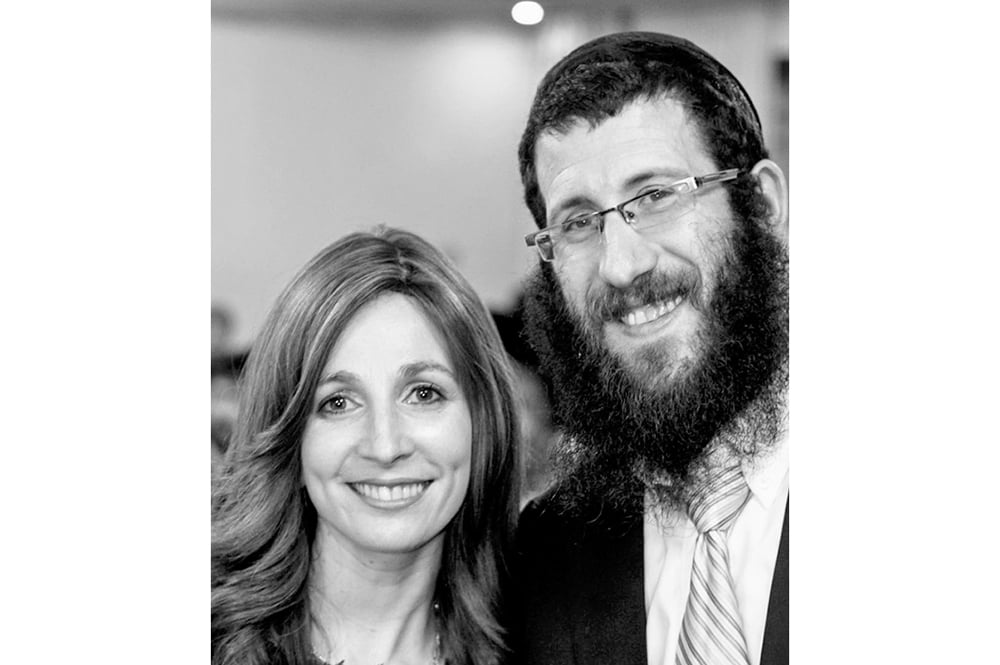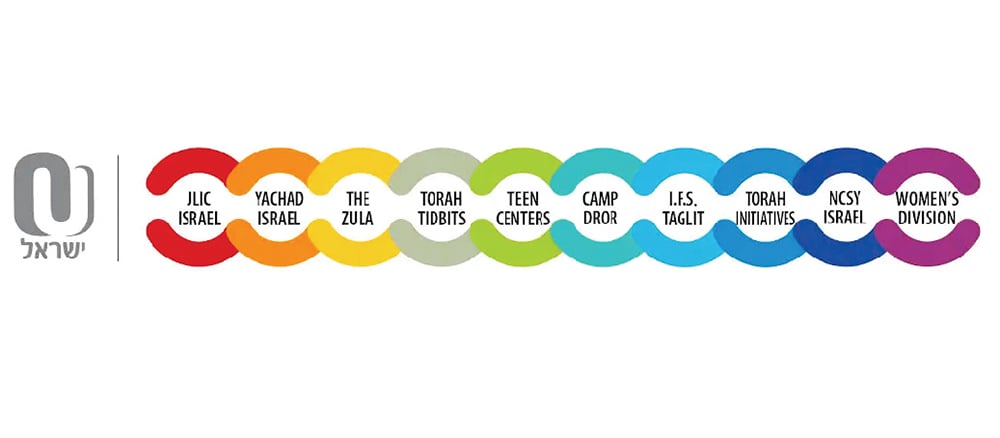For a young person making aliyah, army service in Tzahal is almost a given. Even Israelis familiar with IDF intake procedures from their parents’ time will find that they face challenges different than those faced by IDF recruits three years ago! This has less to do with the recent war than with changes in Israel living. The IDF is evolving, and staying informed can make a huge difference in how you or your child navigates the process. So, whether you’re about to become a sadirnik (regular soldier) or you’re preparing your son or daughter for their upcoming military service, here’s what you need to know.
Learn Hebrew
One of the biggest factors that can shape army experience is Hebrew proficiency. The army gives a Hebrew test and the score impacts placement. The IDF does offer an ulpan, but the better someone’s Hebrew is before they enter the system, the more opportunities they’ll have. Be prepared. If Hebrew is not your first language, start improving. Watch Israeli TV shows. Read Hebrew books. Engage in conversations with native speakers.
Be Honest About Medical History
Health matters, and the army takes it seriously. Recruits go through a battery of medical tests, including a general health assessment, and an IQ test. If someone has allergies, mental health conditions, or takes medications like Ritalin, don’t hide it. The IDF doesn’t disqualify people for these issues, and being upfront ensures they get the right support. Parents, resist the urge to micromanage this process. Unless your child has a severe condition like autism, let them handle it independently.
Get Documents in Order
Before the first army meeting, get all medical documents in order. Having everything ready in advance will prevent unnecessary delays. Missing key paperwork affects one’s profile and limits choices. The smoother the documentation process, the better the transition into the army.
Prepare for the Interviews and Tests
The IDF does check academic records from the previous 18 months, but it looks at more than just grades. The IDF wants to understand their skills, interests and personality. Draftees must go through personal interviews and cognitive tests. IQ test results will later be confirmed by an external HR company. Additionally, the IDF sets up group activities to evaluate draftees’ ability to work under pressure, make decisions and handle confrontation. These help determine which units they’re best suited for.
Men and Women
Women considering a combat unit should know that they will serve the same amount of time as men. However, in non-combat roles, women serve slightly less time than men. Understanding these differences can help you plan military and post-army life more effectively.
Use Available Resources
The IDF provides resources to help prepare, from online guides to informational sessions. Take advantage of these. Ask questions. Above all, seek advice from those who have served or currently serve. The more you know, the better prepared you will be. It’s also advisable to work with a consultant as the draft date nears. You can find a qualified consultant through Olim Paveway who can help you or your child prepare for that inevitable tsav rishon (first draft notice).
Final Thoughts
The Tzahal experience is a huge milestone in the life of every Israeli and preparation is the key to making it work for you. Whether it’s brushing up on Hebrew, practicing interviews and test skills, a little effort now will save a lot of stress later. The Tzahal experience helps build confidence, creates lifelong connections, and can lead to professional success well after the service is over.
Olim Paveway’s Olim Toolbox offers timely tips for anyone moving to or visiting Israel.
Join our WhatsApp at chat.whatsapp.com/Ic8dnfdnlspgaptmccktbf for more tips. Chat with our experts live every Sunday at 2 p.m. EST, at tinyurl.com/y2sj3z72 — a new topic every week.
Planning aliyah? Recently moved? Write [email protected] to arrange for a Paveway personal guide (melaveh).











